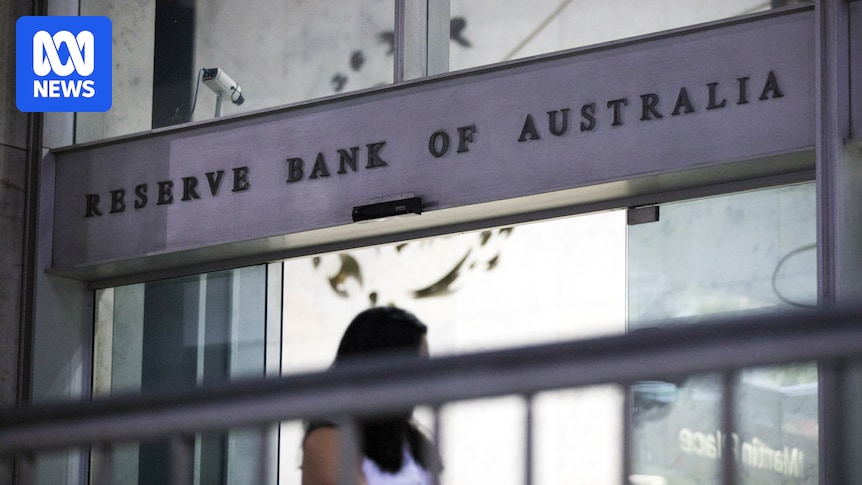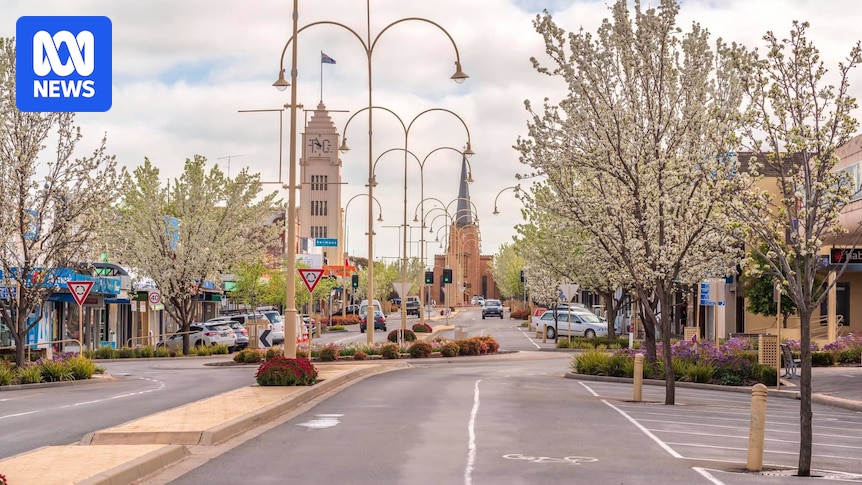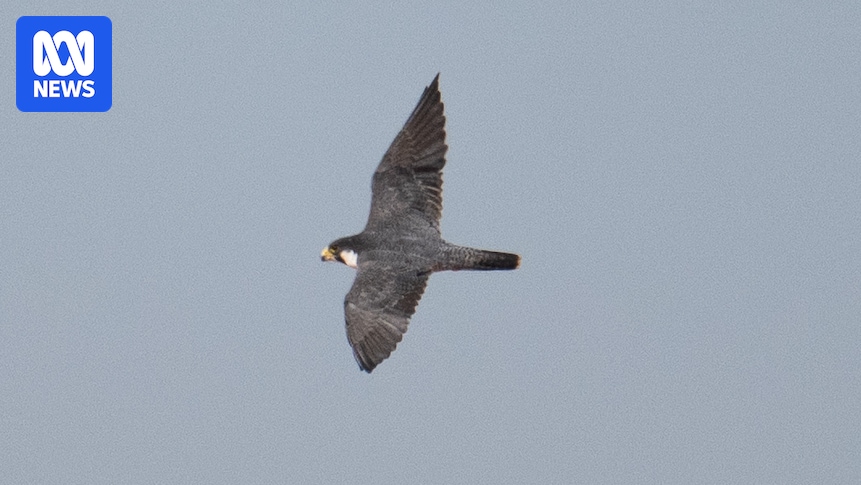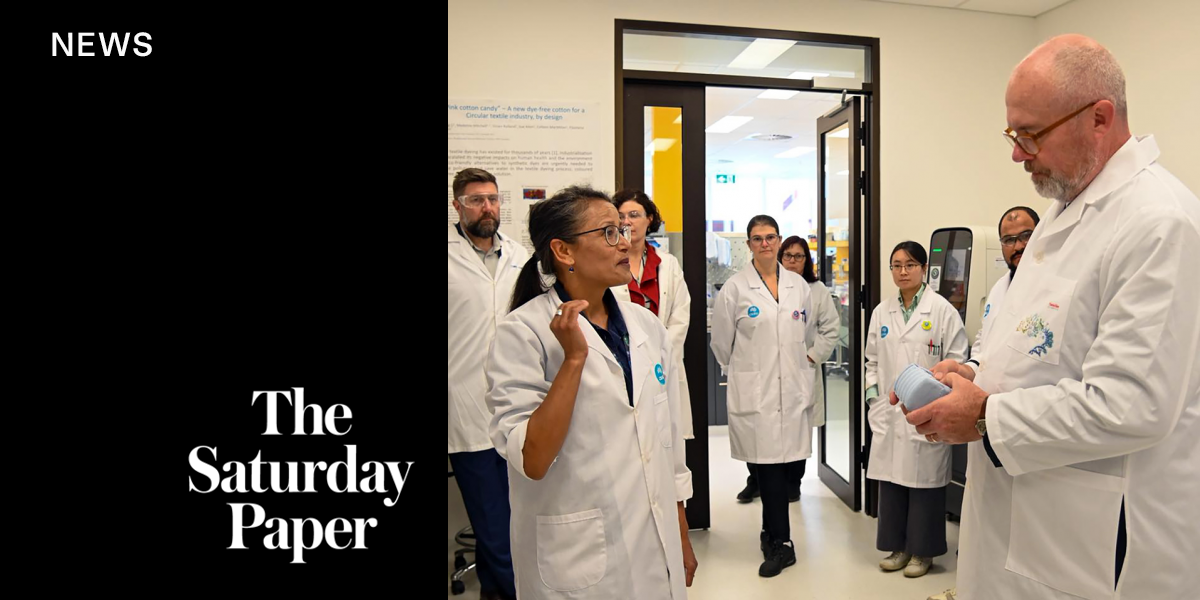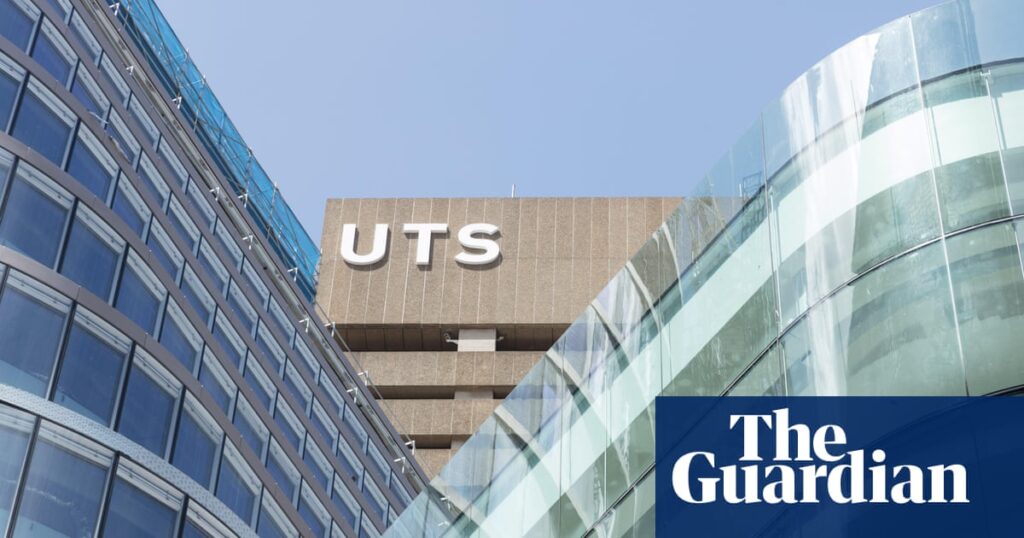
The University of Technology Sydney (UTS) has been compelled to halt its plan to cut hundreds of jobs following an unusual intervention by SafeWork NSW. The agency warned that the proposed cuts posed a “serious and imminent risk of psychological harm” to employees if implemented.
Under this directive, UTS canceled all meetings scheduled for Wednesday and Thursday with approximately 800 affected staff members and postponed the release of its change proposal, which was initially set to be unveiled this week. The decision underscores the mounting stress and “culture of fear” reported by academics at UTS, exacerbated by the temporary suspension of student enrollments in 120 out of 615 courses until the end of the autumn 2026 semester.
Background and Immediate Implications
In April, UTS announced its intention to cut 150 academic and 250 operational jobs—about 10% of its workforce—as part of a $100 million cost-saving initiative. However, the university has yet to specify which positions will be eliminated. The prohibition notice, issued by SafeWork NSW on Tuesday, followed an investigation into psychosocial hazards linked to the restructuring plan.
Mostafa Issa, the issuing inspector, expressed a “reasonable belief” that UTS workers faced a significant risk of psychological harm due to the Academic Change Proposal, contravening both the Work Health and Safety Act and associated regulations. The notice will remain in effect until SafeWork NSW is assured that adequate safety measures are established through worker consultations. UTS has been given 14 days to request a review.
University’s Response and Staff Concerns
In an email to staff, UTS Vice-Chancellor Prof. Andrew Parfitt confirmed the postponement of meetings and the change proposal release. “Following engagement with SafeWork NSW today, we have been requested to take more time to consider additional feedback from health and safety representatives on psychosocial measures and controls,” he stated, acknowledging the added uncertainty for staff.
A UTS spokesperson noted that discussions with staff have been ongoing since late last year, emphasizing the need to release the change proposal for further consultation. “The safety and wellbeing of our staff and the management of psychosocial risks are of paramount importance to us,” the spokesperson said, expressing frustration over delays and concerns about their impact on the university community.
Union and Expert Reactions
The intervention by SafeWork NSW has been described as a “rare and damning rebuke” by Vince Caughley, Secretary of the National Tertiary Education Union (NTEU) NSW division. “It raises profound questions for the public about how UTS—and other NSW universities—are being governed,” he remarked, criticizing the scale of job and course cuts across the sector.
Despite presenting alternatives based on expert analysis, the NTEU claims that UTS management has largely dismissed staff concerns. The union was allowed to review a document outlining alternatives to job cuts prepared by KPMG, which holds a $4.8 million contract with the university.
“The need to reduce expenditure is necessary as we have had deficits for five years and our revenue does not cover our ongoing operating costs,” the UTS spokesperson explained. “It’s important we address this to protect and invest in our teaching, research, and our students.”
Dr. Sarah Attfield, President of the NTEU’s UTS branch, highlighted the immense stress faced by staff, stating, “I hope this decision makes it clear to management that staff have legitimate concerns and they can’t just ram through changes that prioritize profit over people.”
Broader Implications and Future Steps
Dr. Alison Barnes, NTEU’s national president, pointed to a “governance crisis” in higher education, criticizing university executives for pursuing “reckless job cuts that tear at the fabric of public universities.” She emphasized that the intervention by a workplace safety regulator was indicative of how disconnected university management has become.
As UTS navigates this complex situation, two disputes lodged by the NTEU with UTS management remain active in the Fair Work Commission. The outcome of these disputes and the university’s next steps in addressing SafeWork NSW’s concerns will be closely watched by stakeholders across the higher education sector.
The unfolding events at UTS highlight the ongoing challenges faced by universities in balancing financial sustainability with the wellbeing of their workforce, a dilemma that resonates across the global educational landscape.

